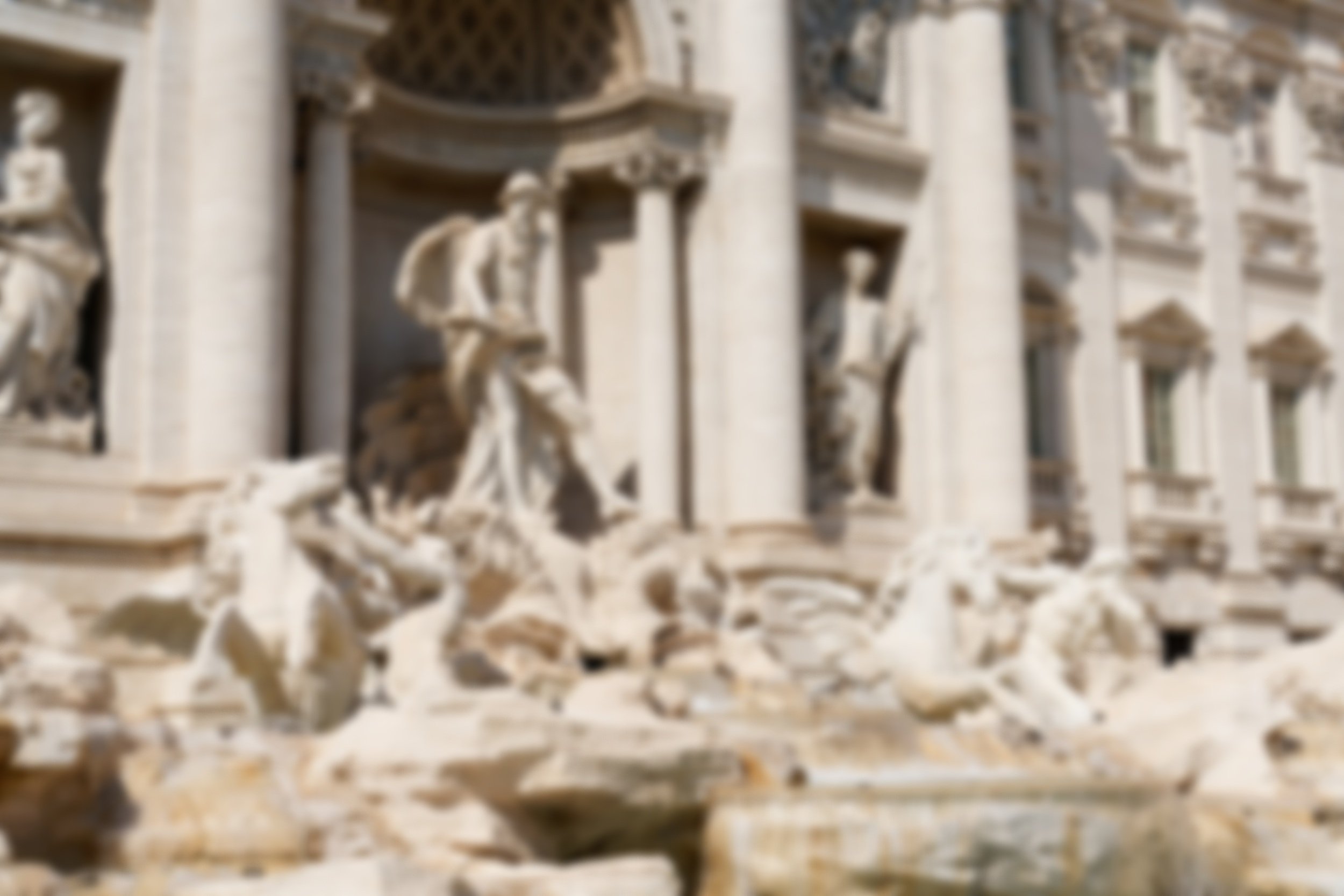
Rome, Italy
Why Italy?
During your semester in Rome, you don't have to just imagine the art, history, and culture–you actually get to experience it! You will be immersed in life in Italy while having the opportunity to learn from qualified professors teaching from a Christian worldview. Field trips throughout Rome, as well as excursions to Florence and Ostia Antica, will make you feel like you're walking through a museum!
Our community environment will also allow you to participate in hands–on cooking classes, learning to make fresh pasta and homemade bread–which we'll enjoy together. Two weeks of the semester will be available to you for independent travel in Europe–or stay in Rome and explore it further.
An Experience Like No Other
For three months, Italy will be your classroom as you take an unforgettable plunge into the glorious past of Rome, a breath-taking walk through the monumental witnesses and imposing buildings of the Eternal City. You'll see the current influences of Italian politics, religion, and customs that make Italy the complex culture that it is today. This semester combines classroom learning and guided tours of Rome to provide a unique and challenging cross-cultural setting.
While living in Rome, students will experience a variety of new cultures, gain a global perspective, and understand in a new way, the joys and challenges of serving God in a cross-cultural setting. Students will enjoy rich interaction with teachers, faculty, and ministry site hosts in both a classroom setting and one-to-one meetings. We believe this unique opportunity and community setting will lend itself to lifelong impact. Study abroad with us and you'll be immersed in culture, ministry, and learning.
Program Highlights
Two independent travel opportunities
Experiential learning
Mission and Ministry experiences
Multi-day educational excursions to Florence, Pompeii, Sicily, and Greece
Weekly field trips of Rome
Monthly Italian Cuisine Cooking Classes
Calendar
-
Jan 11 - Students depart the US
Jan 12 - Students arrive in Rome
Jan 13-14 - Orientation
Feb 10-18 - Independent Travel
Feb 24-25 - Optional Naples Weekend
March 12-14 - Greece
March 26-29 - Florence
March 30-April 4 - Independent Travel
April 6-8 - Debrief
April 10 - Students return to the US
-
Sept 12 - Students depart the US
Sept 13 - Students arrive in Rome
Sept 14-15 - Orientation
Oct 4 - Pompeii
Oct 12-15 - Independent Travel
Nov 12-14 - Greece
Nov 16-24 - Independent Travel
Dec 2-5 - Florence
Dec 6-9 - Debrief Retreat Weekend
Dec 11 - Students return to the US
-
Jan 16 - Students depart the US
Jan 17 - Students arrive in Rome
Jan 18-19 Orientation
Feb 7 - Pompeii
Feb 15-18 - Independent Travel
March 18-20 Greece
March 22-30 - Independent Travel
April 7-10 - Florence
April 11-14 - Debrief Retreat Weekend
April 16 - Students return to the US
Fall and Spring Semester Courses
All students enroll in Cultural Understanding and then may select an additional three or four courses. Students may select four or five courses for a total of 13-16 credits.
-
This course will maximize the experience of living in Europe by developing the student’s cultural intelligence to enable them to function effectively with other cultures. Students will be introduced to survival Italian language learning to help in their daily lives in Rome. Students will also have an introduction to the cultural history of Rome by exploring the daily life of ancient Romans in relation to their language, culture, and religion. Students will be introduced to the historical and cultural context of the Roman world as it affected future developments in Western society. As they live in Rome, students will combine classroom sessions with field trips to the modern city of Rome as well as the ancient sites ofRome and Pompeii.
Required Course
-
Ethics is a branch of learning at the intersection between philosophy, theology, sociology, psychology, history, technology, etc. attempting at answering the questions related to the morality of human reasoning and actions, e.g. what is right and wrong in given situations according to the different subjects involved. The course will expound a“perspectival” approach to ethics by way of tackling it in terms of three inter-related perspectives: Normative, Situational, and Existential. Students will be introduced to ethical systems (both ancient, modern, and contemporary ones) which give priority to one or the other, often at the expense of other perspectives and therefore leading to unbalanced ethical systems. Students will have the opportunity not only to detect strengths and pitfalls of non-Christian ethical systems but also to appreciate the richness and viability of the Christian moral framework.
-
This international business course covers topics such as globalization, trade, the impact of politics and culture on international business, the international monetary system, entry strategies, marketing, supply chains, and the importance of understanding religious and ethical issues when conducting international business. The course recognizes the complexity of cross-cultural understanding/venturing and seeks to deepen the understanding of faith in the global business environment.
-
Learn the value of art through experience! Engage with the ancient ruins of Rome, sacred spaces of worship, the cityscape of Florence, and some of the greatest sculptures and paintings of Western civilization. This course provides an interactive approach to understanding and appreciating art. Choose from three tracks: Drawing and Sketching, Watercolor Painting, or general ArtAppreciation. Each track involves subject and style studies, specific art and architectural assignments, exercises in creative and expressive thinking, exploration of the elements and principles of design, and skill development in a biblical worldview of art analysis and critique. Learn on location with daily site-specific encounters using exercises and projects of Ancient Art through Baroque art. A short supply list of necessary art materials will be provided and will then be the responsibility of the student to obtain before the start of the course.
-
History of Christianity is a survey of the development of the Christian Church from the close of the New Testament period to the present time, with special attention to the role of Rome in the development of Christian thought. The course will provide an examination of the church as an institution and as a people. Thus, while context, dates and names establish the background for historical understanding of the institution of the church, ideas will also be discussed from an explicitly evangelical perspective. Students will therefore gain a historical basis for understanding current ideas and trends in the church and in ministry.
-
This course will offer a survey of the life and theology of the Apostle Paul as described by the book of Acts, and the 13 bible books attributed to him. Besides the trinity, no other person in history has made such a large contribution to the growth of the church, the structure of the church, and the development and the systematic presentation of God’s redemptive and life-changing plan made possible by the death and resurrection of Christ and the giving of the Holy Spirit. This course will explore the person and character of Paul and the Christian experience that changed not only his life, the lives of millions who have walked with Jesus after him. Our understanding of Paul and his mission will be enriched by exploring the social, political, religious, economic, and geographical background of Paul’s life and writings. Paul will become our model to follow in service, growth, suffering, rejoicing, persevering, and knowing the all-sufficient grace of God in our lives to accomplish the purposes to which God has called us.
-
This course is an introduction to the history of Western ideas in the ages of Classicism, early Christianity, the Renaissance, the Reformation, the Enlightenment, Romanticism, Modernism, and Postmodernism. Its design provides students with a more enhanced sense of how historical human thought and events shaped modern Western world views and how a Christian worldview appropriates these ideas. These eras are further examined in light of their aesthetics that reflect the thoughts and feelings of the movements, primarily through philosophy, theology, and literature, while secondarily throughout art, architecture, music, and science. Field trips to classic sites in and around Rome, as well as to Athens and Corinth, are an integral feature.
*Students may select either International Business or Exploring the Art of Italy which are taught at the same time.
Learn More

What’s included?
Depending on the opportunity you select, you will need to check with your college or university for exact costs. However, in most cases, if you are a student at one of our partner schools a semester in Rome, Italy will not cost you more than what you are currently paying for school! If you are not currently enrolled in a college or university and would still like to attend, contact us.
Pricing Breakdown:
$13,000 - Tuition
$4,000 - Room and Board
$ 17,000 - Total Cost
Cost Includes:
Tuition for 13-16 credit hours
Room and board (Meals during program events, about 50%)
Arrival and departure airport transfers in Rome
Full-time onsite staff and support
Public transportation pass for travel in Rome
Multi-day educational excursions to Florence, Pompeii, Sicily, and Greece
Select museum and excursion fees when part of a class excursion
Monthly cooking classes
Does Not Include:
Airfare
Passport
Immunization
Other meals
Personal expenses like shopping, personal needs, or personal travel.


